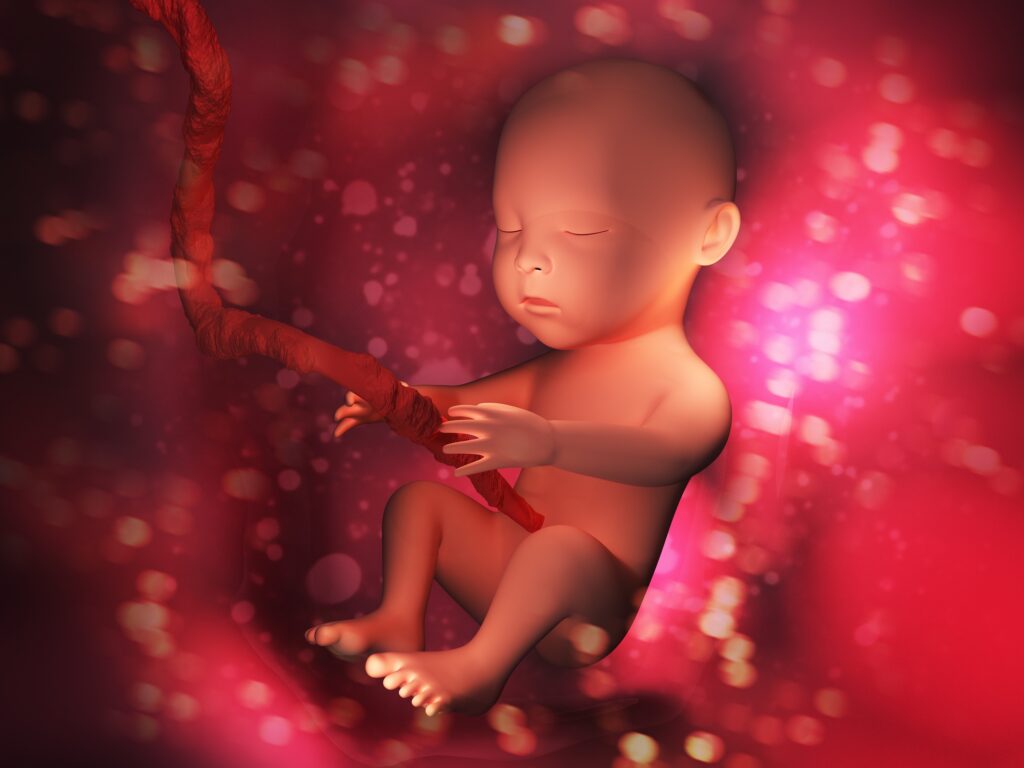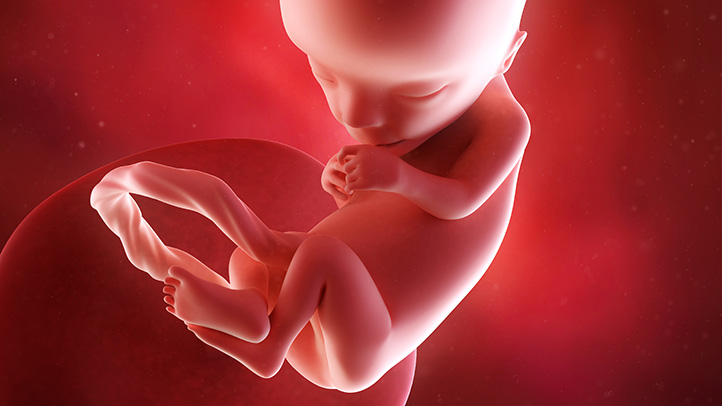When pregnant, the baby’s cells migrate into the mother’s bloodstream and then circulate back into the baby. This phenomenon is known as ‘fetal-maternal microchimerism’.
For a span of 41 weeks, these cells circulate and interchange, leaving a lasting imprint on the mother’s tissues, bones, brain, and skin. Remarkably, many of these cells remain in the mother’s body for decades. Subsequent pregnancies also contribute to a similar imprint on her body.

Even in cases where a pregnancy does not reach full term or ends in abortion, these cells still migrate into the bloodstream.
Research has demonstrated that fetal cells rush to the site of a mother’s heart injury and transform into specialized cells that aid in heart repair. It’s a reciprocal process—while the baby helps mend the mother, the mother nurtures the baby.
Isn’t it fascinating? This is often why certain illnesses disappear during pregnancy.
Mothers’ bodies have an extraordinary ability to protect the baby at any cost, while the baby reciprocates by aiding in the mother’s restoration, ensuring a safe and viable development.
Let’s take a moment to ponder the intriguing phenomenon of cravings. What specific nutrient deficiency prompts the baby to induce such cravings in the mother?
Furthermore, studies have revealed the presence of fetal cells in a mother’s brain even 18 years after giving birth. It’s truly astounding!
If you’re a mother, you know the intuitive bond that allows you to feel your child’s presence even when they are physically absent. Now, scientific evidence confirms that mothers carry this connection for many years after giving birth.
In all, fetal-maternal microchimerism teaches us that the bond between a mother and her child is much deeper than we can imagine. It’s a reminder that a mother’s love transcends time and space.
It demonstrates that mothers and children have an interdependent, symbiotic relationship that equips them to support and protect each other, no matter the situation. This speaks to the power of connection that mothers and children share.



